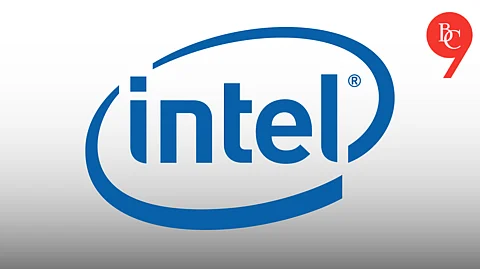

Intel Corporation is embarking on a sweeping and aggressive restructuring plan under its newly appointed CEO, aiming to streamline operations and regain competitiveness in the fast-evolving semiconductor market. The company announced a staggering 24,000 job cuts worldwide, representing roughly 20% of its workforce, along with the cancellation of key mega-fab projects intended to boost chip production capacity.
Intel, once the undisputed powerhouse of semiconductor manufacturing, has been grappling with production delays, increased competition from rivals like TSMC and Samsung, and rising costs.
24,000 positions will be eliminated across multiple divisions, including manufacturing, research and development, and corporate functions. The layoffs primarily target operational roles associated with the halted mega-fab expansions. Several large-scale semiconductor fabrication plants, previously planned or under construction, have been scrapped. This includes multi-billion-dollar factories in the US and abroad aiming to expand manufacturing footprint and capacity for advanced nodes.
Overall cost reductions, including tight capital expenditure controls and streamlining product roadmaps, are expected to save Intel billions and improve margins.
The cost-cutting measures are expected to yield annual savings of approximately $3 billion by 2026. Intel will scale back planned capital expenditures by nearly 30%, reallocating resources towards advanced chip development and manufacturing efficiency improvements.
Analysts predict that the reduction in production capacity from scrapped fab projects may temper short-term revenue growth, but will position Intel more sustainably for future technological leadership.
Intel’s announcement has sent ripples through the semiconductor industry, signaling a tougher competitive landscape and consolidation of manufacturing strategies. Employees face deep uncertainty, with support programs and severance packages being rolled out, but morale is expected to be affected during this period of upheaval.
Intel’s decision to cut 24,000 jobs and end mega-fab projects under its new CEO marks one of the most significant shake-ups in the chipmaker’s recent history. This radical restructuring underscores the intense pressures faced by semiconductor giants to adapt quickly to an evolving global landscape dominated by technological innovation, geopolitical shifts, and fierce competition. As Intel navigates this turbulent phase, all eyes will be on how effectively it can realign operations while sustaining technological leadership in the years ahead.
